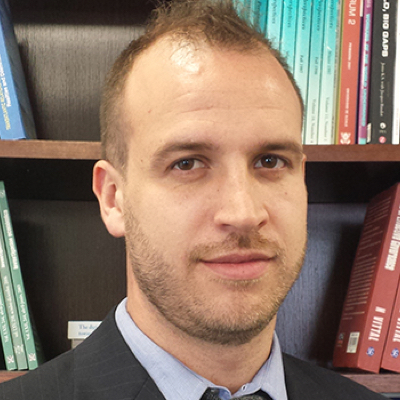March 12, 2020
The Haitian Times
The Florida Democratic primary is only a week away, and as candidates turn their attention to the Sunshine state the Haitian diaspora has a unique opportunity to put Haitian issues on agenda. Especially Cubans, but also, more recently Venezuelans have been extremely effective in organizing themselves in the diaspora to push for their desired US policy. When Florida politics come up, that’s where the focus usually lands.
But often overlooked in this conversation are the more than 300,000 residents of Florida who were born in Haiti, and the hundreds of thousands more who report having Haitian ancestry. In raw numbers, the Haitian diaspora in Florida is more than double the size of the Venezuelan diaspora. And it is not limited solely to Florida; there are significant population centers of Haitian diaspora in both New York and Massachusetts.
So why have issues related to Haiti and the Haitian diaspora not received more attention nationally and among presidential candidates? One reason may be that US policy in Haiti has been a bipartisan failure for decades and few politicians in the US have stepped up to champion a fresh approach. Both Democratic and Republican presidents have presided over foreign interventions, overturned electoral results, and the perpetuation of a failed development model embraced by both parties. Many of these policies explain why the diaspora is as large as it is, and why it continues to grow.
Another reason, however, is that the diaspora has yet to organize around a common agenda. Members of the diaspora have become increasingly involved in local politics, holding office in Broward, Palm Beach and Miami-Dade counties; in the Massachusetts and New York legislatures. In 2015, Mia Love became the first Haitian-American elected to the U.S. Congress, representing Utah’s 4th congressional district. Nevertheless, that increasing political power has failed to translate into greater national focus on Haiti – and US policy toward it.
Foreign policy often gets put to the side during primary season, the Haitian diaspora has an opportunity to get it back on the agenda. In Haiti, citizens are standing up against the US-backed president and demanding bold changes in how international actors treat their country and its people. The best way for the diaspora to support that struggle, is standing up here in the US, and demanding national political leaders take their concerns to heart.
Haiti ranks second in the world in terms of its dependency on remittances; in 2019, the diaspora sent more than $3 billion to friends and family in Haiti. The diaspora, in turn, has long focused its efforts on increasing their involvement in Haiti’s political and economic life. Often, however, that has come at the expense of coming together to focus on US policy. Anybody familiar with the history, and current reality, of Haiti is aware of the outsized impact of the US government in Haiti. Perhaps the greatest impact would come by refocusing diaspora engagement on the policy makers and politicians in the US that help perpetuate the status quo in Haiti. Leaders in the diaspora and grassroots organizations with deep ties in communities throughout Florida, Massachusetts and New York could stand together and issue clear demands of any politician looking for their vote in the upcoming election.
Haiti has played a role in presidential politics in the past, and as recently as 2016. Former Secretary of State Hillary Clinton’s long – and controversial – history with the country forced the issue into the open in 2016. Many in the diaspora, including tens of thousands who fled Haiti after the devastating 2010 earthquake, viewed Clinton and her involvement in a deeply flawed relief effort with suspicion. Many in the diaspora did come together around a common message, one of opposition to the candidacy of Clinton.
Once the democratic primary was settled, Donald Trump cynically exploited that feeling.
In 2016, then-candidate Trump traveled to Miami’s Little Haiti neighborhood and pledged to be Haiti’s greatest champion. He repeatedly – and very publicly – denounced the Clintons role in Haiti’s post-quake reconstruction. At the time of 2016 election, 106,000 Haitian-born individuals were registered to vote in Florida, and they turned out at a more than 75 percent rate. Many thousands more are eligible to vote this year.
Haitian-Americans in Florida are five times more likely to be a registered with the Democrat party compared to the Republican party, but the 2016 race sent a clear message: politicians from either party cannot take the diaspora vote for granted. Unfortunately, leaders from both parties have failed Haiti, and its diaspora.
The Trump administration has attempted to end Temporary Protected Status (TPS) for some 60,000 Haitians across the country, the majority of them in Florida. But the concerns go beyond immigration. Trump himself referred to Haiti as a “shithole country,” and has spent the past two years propping up a flailing government that has overseen a dramatic deterioration of living conditions in Haiti. It’s that support that will ensure the growing Haitian diaspora will continue to grow.






